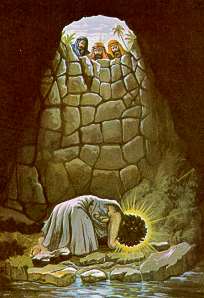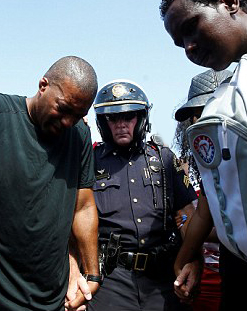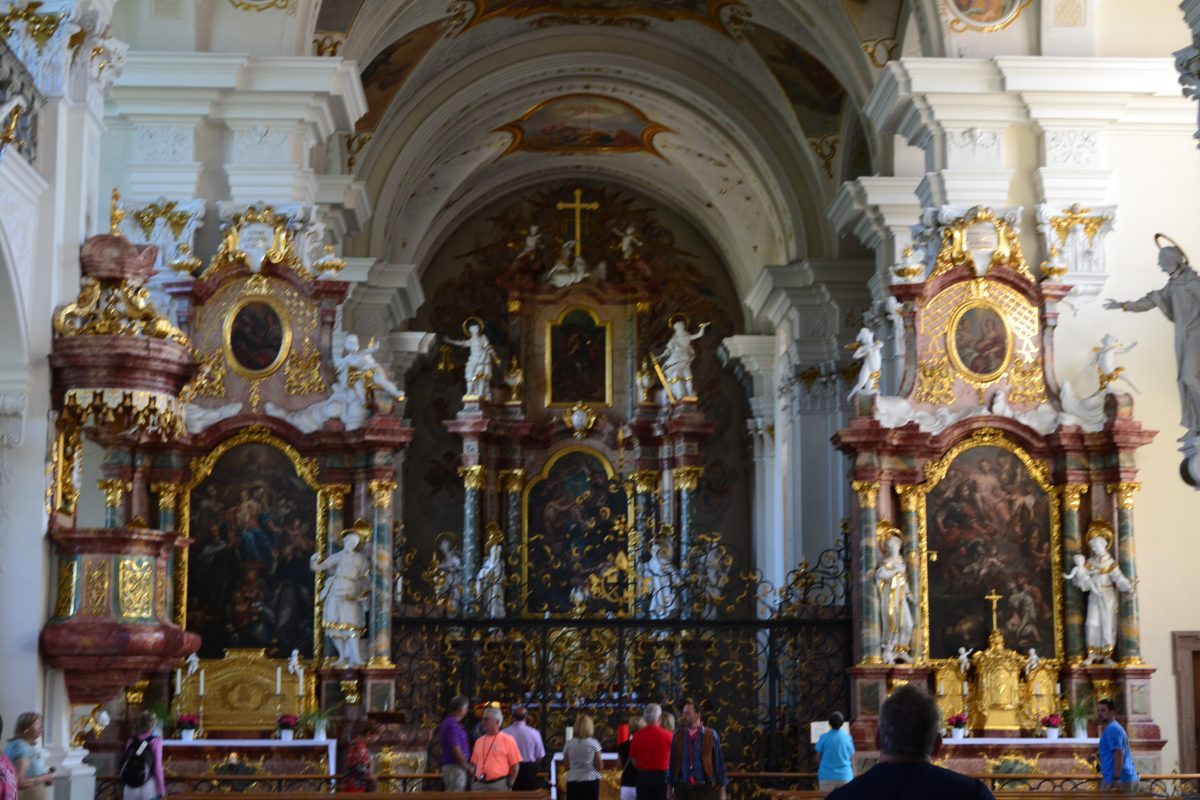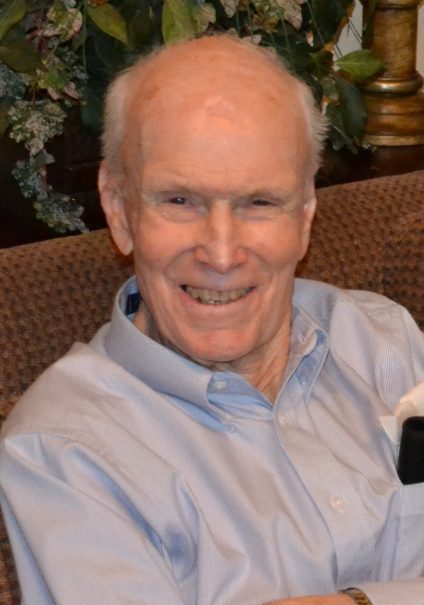Background Passages: Genesis 37:12-28; 50:20; Isaiah 43:2
How does one rebound from betrayal?
How does one refocus after a dreaded diagnosis?
How does one recover from the loss of a loved one?
In one form or another, I heard those questions asked by three different people…friends and former colleagues…each in their own way trying to put one foot in front of the other in the aftermath of broken hearts, horrible news and sudden death.
Words fall short sometimes. Sympathy and comfort offer little more than a brief respite. At the end of the day, I go on with my life, but my friends face the difficult task of reconciling each today with a new reality. As one of them told me, “It’s the pits.”
I think of them often and watch their faith sustain them during difficult days. I am reminded of another young man in the Bible who experienced “the pits” both literally and figuratively.
A teenage boy.
Distressed.
Desperate.
Filled with
Dread.
Struggled to suppress the panic
settling around him as thick as the desert dust.
Breath ragged and labored.
Strangled by terror and exhaustion.
He sat against the rough-hewn wall,
knees tucked to his chin,
Scratched.
Scraped.
Bleeding from failed efforts to
climb the rocky walls of the cistern
in which his brothers left him to die.
Joseph.
Yelled again and again.
Begged for rescue.
Throat dry.
Caked with dust.
His hoarse and anguished voice
falling on deaf ears and
hardened hearts.
Betrayed by brothers.
Abandoned by those he loved.
Left to die then
sold to slavery in a distant land.
Joseph found his life
tortured and twisted
beyond reason.
His day gone horribly wrong in an
unexpected, unplanned
turn of events.
It’s a familiar story. One most of us heard as children. The story resonates because somehow we can all relate to waking up one morning with expectations of another wonderful day only to have our world shatter into a million pieces in the blink of an eye.
The innocent part of me wants my people of faith, like Joseph, to stand strong in the face of adversity. To sit patiently in the pit, knowing without doubt that God would miraculously send a caravan of traders to whisk him to Egypt where he knew with certainty he would find favor with Pharaoh and settle into a royal life of luxury.
Despite the dreams of personal power and prestige that David often lorded over his brothers, I suspect he was scared to death while he languished in the pit, overwhelmed by all that happened. His brothers later acknowledged his distress; that Joseph “pleaded with us for his life.” (Gen. 42:21) When, he was dragged from the well and sold to the traders, how could he not dread the turn that life had taken.
Yet, Joseph did what each of us must do when scarred by circumstance and scared by what the future holds. He put one foot in front of the other and lived another day, clinging to a promise of God’s presence, hanging on to faith and allowing God to work in His way and His time. Through his life in Egypt, Joseph’s fortunes rose and fell, landing from time to time again in the pit. Scripture tells us more than once that, “the Lord was with Joseph” in Egypt.
That simple phrase holds the lesson of first life in the pits. The Lord is with us. Others may betray us. God never will. We may face the devastation of incurable disease or the death of one we love, but the Lord will never abandon us to grapple with uncertainty on our own. He is with us…always. We draw strength from his presence.
The second lesson of the pits comes as the story unfolds. Famine hits and Jacob’s family must buy grain from Pharaoh. The elder brothers unknowingly come face to face with Joseph at the storehouse door. Imagine the feelings that washed over Joseph when he saw his brothers for the first time since they brutalized and betrayed him. Thoughts of vindication and payback surely crossed his mind.
I wonder if Joseph could ever foresee repairing the fractured relationship with his brothers when he sat so desolate in the bottom of the pit. When he walked in chains with the traders. When he served an Egyptian master or suffered in an Egyptian dungeon.
We see Joseph near the end of his story, recognizing that God made the most of a bad situation to save Joseph’s family and his people. He told his brothers, “What you intended for harm, God intended for good.” You see, somewhere in the unfolding of time God repaired Joseph’s broken and troubled heart. Allowed him to reconcile his life to his new reality.
Rebounding is never quick. Refocusing never easy. Recovery never without its bumps. Trusting his presence in our lives, we hold on to the truth that what others intend for harm or when life deals us a wicked turn, God will work for good.
What comfort might that provide to my friends who must rebound, refocus and recover from the trials and difficulties they continue to face? I find encouragement for them, and all who are struggling, in this story of an abandoned teenager who found himself in the pits. “The Lord was with Joseph” and he is with you and…he will work to bring good out of any situation.
It is a message echoed by Isaiah 43:2…
“When you pass through the waters,
I will be with you.
When you walk through the fire,
you will not be burned.”









